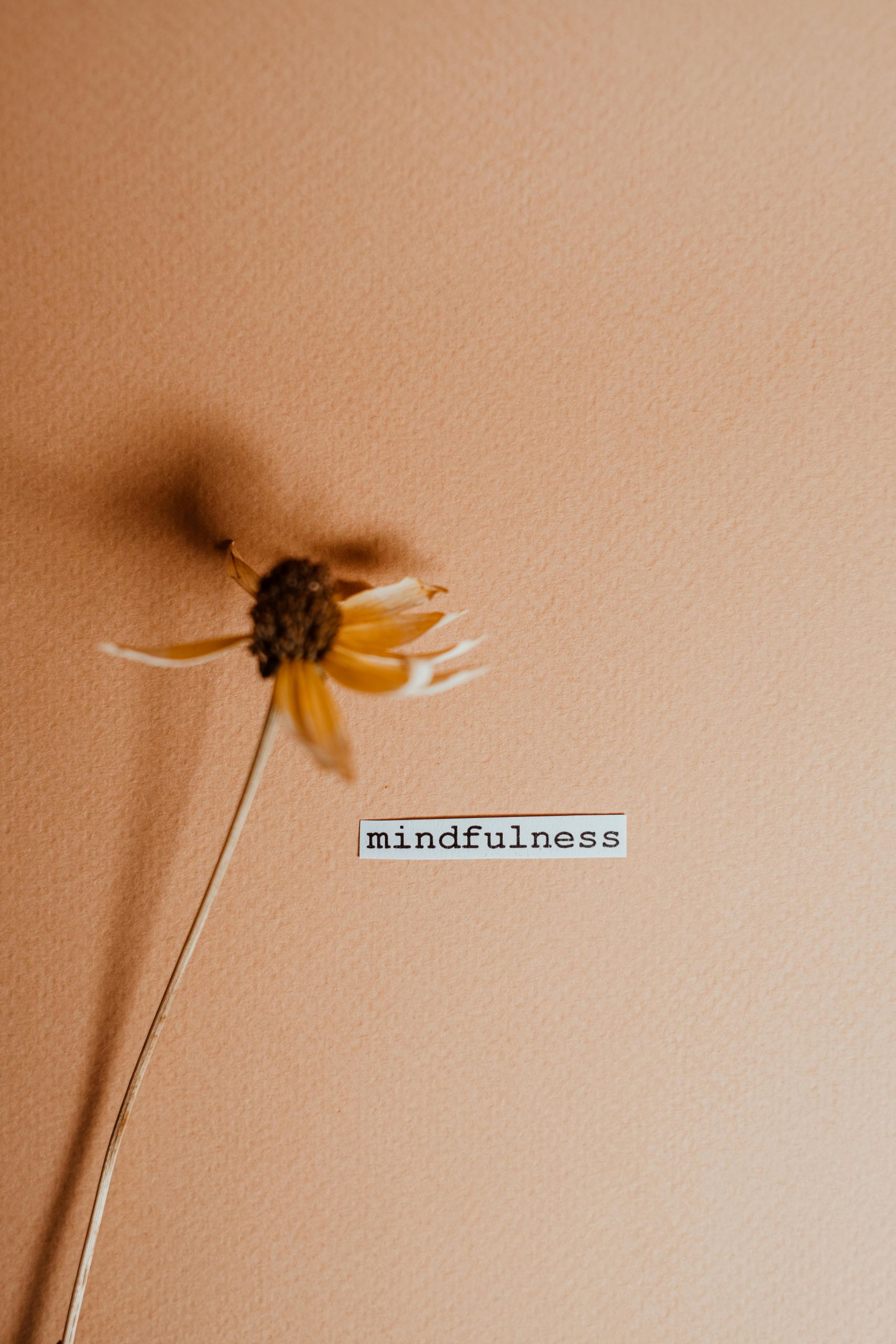Mindfulness has become a buzzword, but do we really understand why it’s so essential to our daily lives? At its core, mindfulness is about being present in the moment without judgment. It’s the art of focusing on the here and now, whether it’s the sound of leaves rustling in the wind or the feeling and sound of your breath as you inhale. Even in Dialectical Behavior Therapy (DBT), we emphasize daily mindfulness practice. So why is it so crucial to practice mindfulness every day? And what happens when we do?
 Why Daily practice?
Why Daily practice?
As stated above, mindfulness is paying attention to the present moment, without judgment or attachment, on purpose. Anything can be done mindfully. The rationale behind practicing mindfulness daily, outside of the benefits to your mind, body, and experience, is that we do not tend to do this or are taught this often. No different than learning to master an instrument, a part in a play/film, or studying new information in school or work, without practice, it is difficult to recall or engage in effectively. By practicing mindfulness daily, our brain gets familiar with this space and can more quickly learn when to “turn it on” so to speak when you need it!
Mindfulness and Your Brain
When we practice mindfulness regularly, we’re doing something amazing for our brains. Research shows that mindfulness can lead to increased brain activity in the prefrontal cortex, which is associated with decision-making and self-control. It also helps decrease activity in the amygdala, the part of the brain responsible for fear and stress responses. Research on mindfulness has shown to boost working memory, attentional functioning, and disengages automatic pathways (responses).
So, when you’re feeling high levels of emotions or overwhelmed, engaging in a mindfulness exercise like deep breathing or focused attention can increase your cognitive flexibility and emotional reactivity. This shift in brain activity can reduce stress levels and improve emotional regulation, allowing you to respond to situations more calmly and thoughtfully. Consistent mindfulness practice allows your brain to become familiar with the areas in the brain associated with mindfulness, leading to faster recovery to baseline after a negative experience.
Emotional Benefits of Mindfulness
Emotionally, mindfulness can be extremely impactful. By becoming more aware of our thoughts and emotions, we can better understand our triggers and patterns. This heightened awareness can help us respond to difficult situations with more clarity and less reactivity. Over time, mindfulness can lead to greater emotional resilience, improved mood, and a deeper sense of compassion for ourselves and others. Consistent mindfulness practice has additionally been shown to decrease anxiety, depression, and rumination.
Think about it this way: when you’re stuck in traffic, it’s easy to let frustration take over. But if you practice mindfulness, you might notice that you can choose to breathe and relax instead of having your emotions take over. This ability to manage emotions effectively can lead to more harmonious relationships with yourself, interpersonally, and less stress in daily life. People who practice mindfulness have reported increased relaxation, increased positive outlook in life, and improved self-esteem.
The Physiological Impact of Mindfulness
Beyond the brain and emotions, mindfulness also has a profound impact on our bodies. Regular mindfulness practice has been linked to lower blood pressure, increased immune response, reduced heart rate, and decreased cortisol levels—the hormone associated with stress. This means that by practicing mindfulness daily, you’re not only reducing stress in the moment but also supporting your long-term health.
Why DBT Focuses so Much on Mindfulness
As many probably already know, DBT places a strong emphasis on mindfulness. Mindfulness is the core of all skills within DBT. Mindfulness helps individuals become more aware of their thoughts, feelings, and behaviors, allowing them to make more informed and effective choices. It additionally assists in balancing acceptance and change.
DBT incorporates mindfulness into its skill sets because it helps individuals stay grounded, reduce impulsivity, and improve their ability to tolerate distress. By practicing mindfulness frequently, DBT clients can develop a greater sense of control over their emotional responses and build healthier coping mechanisms.
Mindfulness isn’t just a trendy concept—it’s a powerful tool for improving our brains, emotions, and bodies. By making mindfulness a daily habit, we can experience a range of benefits, from reduced stress and improved emotional regulation to better physical health. So, take a moment each day to breathe, observe, and be present. Your mind and body will thank you for it.
One of my favorite Alan Watts quotes related to mindfulness is, “Don’t hurry anything. Don’t worry about the future. Don’t worry about what progress you’re making. Just be entirely content to be aware of what is.”
Sources:
- Linehan, M. M. (2015). DBT® skills training manual (2nd ed.). Guilford Press.
- https://newsinhealth.nih.gov/2012/01/mindfulness-matters#:~:text=Studies%20suggest%20that%20mindfulness%20practices,life%20and%20improved%20self%2Desteem.
- https://www.apa.org/monitor/2012/07-08/ce-corner
- https://www.health.harvard.edu/blog/evoking-calm-practicing-mindfulness-in-daily-life-helps-202110142617


